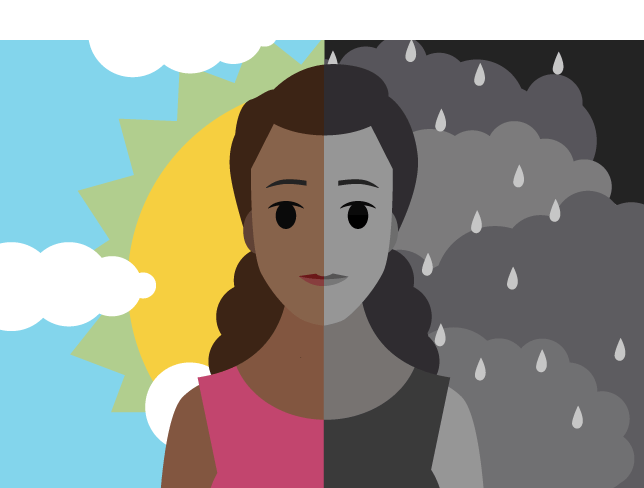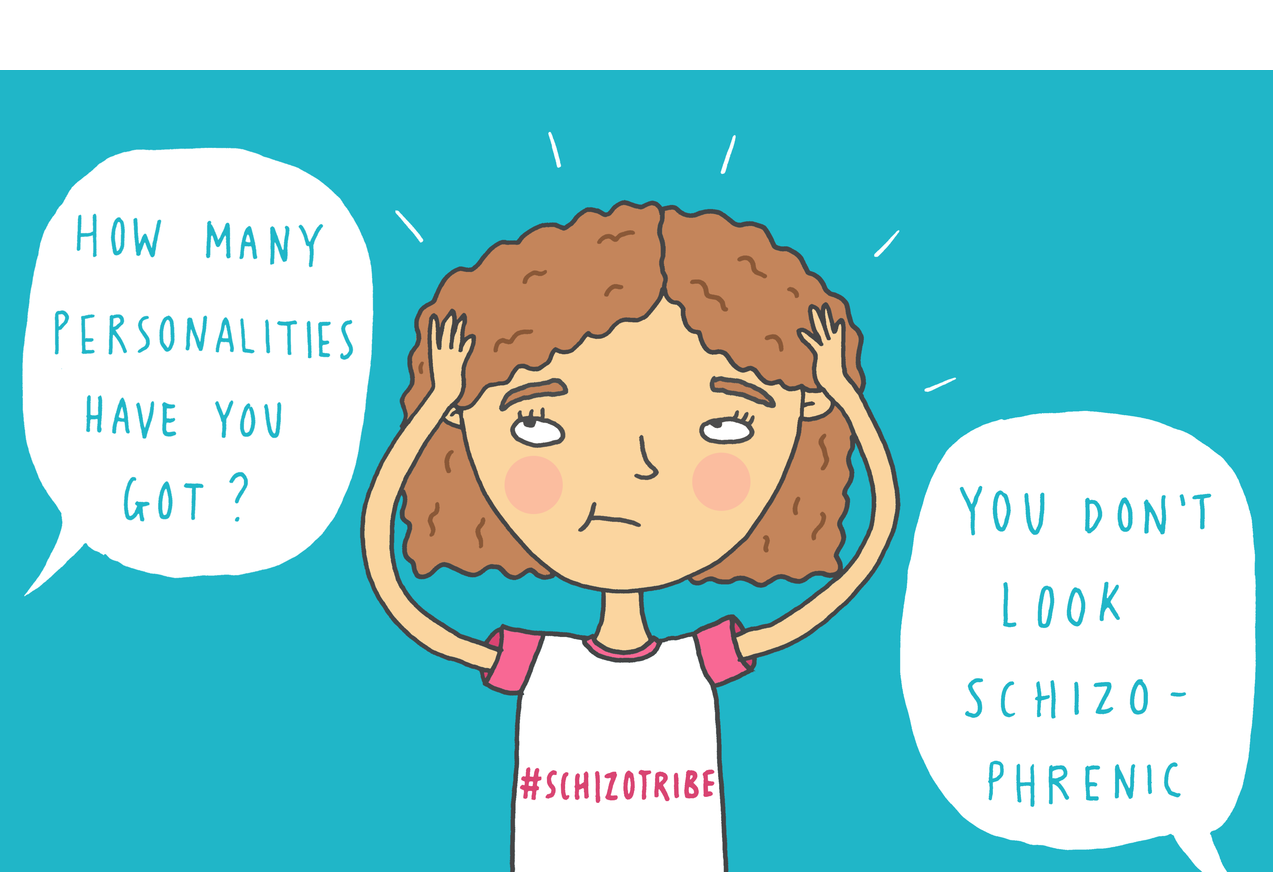
Bipolar Disorder
Bipolar disorder, formerly known as manic-depressive illness, is a brain and behavior disorder characterized by severe shifts in a person's mood and energy, making it difficult for the person to function. The condition typically starts in late adolescence or early adulthood, although it can show up in children and in older adults. People often live with the disorder without having it properly diagnosed and treated.
Bipolar disorder causes repeated mood swings, or episodes, that can make someone feel very high (mania) or very low (depressive). The cyclic episodes are punctuated by normal moods.
Anxiety
> Generalized Anxiety Disorder
> Obsessive-Compulsive Disorder (OCD)
> Panic Disorder
> Post-Traumatic Stress Disorder (PTSD)
> Social Phobia (or Social Anxiety Disorder)
Psychiatrists perform physical and psychological evaluations on someone having an anxiety disorder if symptoms occur for six months on more days than not, and significantly interfere with the person’s ability to function at home, work or school.


Depression
Clinical depression is a serious condition that negatively affects how a person thinks, feels, and behaves. In contrast to normal sadness, clinical depression is persistent, often interferes with a person’s ability to experience or anticipate pleasure, and significantly interferes with functioning in daily life. Untreated, symptoms can last for weeks, months, or years; and if inadequately treated, depression can lead to significant impairment, other health-related issues, and in rare cases, suicide.
Once diagnosed, the mainstays of treatment for depression are any of a number of antidepressant medications and psychotherapy, which can also be used in combination.
Obsessive-Compulsive Disorder (OCD)
Obsessive-Compulsive Disorder (OCD) is a common, chronic and long-lasting disorder in which a person has uncontrollable, reoccurring thoughts (obsessions) and behaviors (compulsions) that he or she feels the urge to repeat over and over.
Research suggests that OCD involves problems in communication between the front part of the brain and deeper structures. These brain structures use a chemical messenger called serotonin. Pictures of the brain at work also show that in some people, the brain circuits involved in OCD become normalized with either serotonin medicines or cognitive behavioral therapy (CBT).


Post-Traumatic Stress Disorder (PTSD)
Post-Traumatic Stress Disorder (PTSD) is an anxiety disorder that some people get after seeing or living through a dangerous event. When in danger, it’s natural to feel afraid. This fear triggers many split-second changes in the body to prepare/defend against the danger or to avoid it.
This “fight-or-flight” response is a typical reaction meant to protect a person from harm. Nearly everyone will experience a range of reactions after trauma, yet most people recover from initial symptoms naturally. Those who continue to experience problems may be diagnosed with PTSD making them feel stressed or frightened even when they are not in danger.
Schizophrenia
Schizophrenia is a severe and debilitating brain and behavior disorder affecting how one thinks, feels and acts. People with schizophrenia can have trouble distinguishing reality from fantasy, expressing and managing normal emotions and making decisions.
Thought processes may also be disorganized and the motivation to engage in life’s activities may be blunted. Those with the condition may hear imaginary voices and believe others are reading their minds, controlling their thoughts or plotting to harm them.
